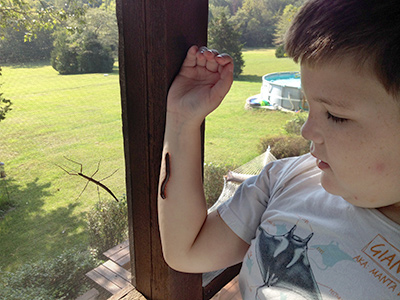Intensity: Get It – Got It – Good!
by Bob Doman In an effort to help our NACD families and others maximize their efforts and make the most out of the time they have to work with their children, it is incredibly important to keep reminding everyone about the significance of intensity. The foundation of what we do at NACD is designing very…








